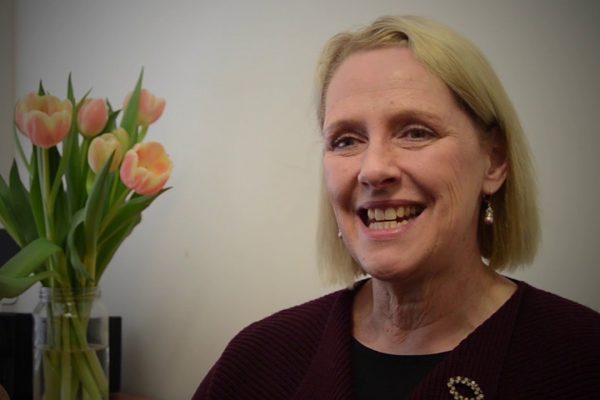Leviticus 13:1-2. 44-46.
Mark 1:40-45
Homily for the Opening of the Parish Year
11 February 2024
Leprosy must have been a terrible disease in the first century. And indeed it is so right up until the twenty-first century. Even now it exists – mostly in India, but in other countries too – and although cures can now be found there is still a stigma attached to the disease.
We can detect how seriously leprosy is taken in the ancient world through the book of Leviticus and its instructions on the treatment of the person with leprosy. The person is considered ‘unclean’. The understanding of unclean was complex. The unclean person was to be kept apart or quarantined. We certainly understand that, having just come out of a global pandemic. But the unclean is also considered to be defiled and have moral or spiritual impurity. In other words, there was a suspicion that they had done something wrong in order to end up with this disease (or be inflicted with it). The way to deal with them was to keep them apart.
That sense that those who have inexplicable diseases are to be suspect can still infiltrate our mind-set and our social fabric. We are still fearful of unknown and untreatable disease. There are still multiple conspiracy theories and deep suspicions about COVID 19, for example. In other ways, too, we find ourselves falling into this suspicious way of thinking. Don’t we still hear people, even ourselves. say – “I don’t know what I have done to deserve ‘this’’. And ‘this’ may be an illness or a misfortune or a family tragedy. As a society we can also be suspicious of those who are different to us – and this can come out in xenophobia, homophobia, antisemitism, islamophobia and even christophobia.
The biblical question is – what does God have to do or say about this? Can we validate our fears and exclusions with a reference to the sacred? Does God endorse this way of thinking and acting?
The simple answer is no. The biblical text witness to a God who takes us beyond our fears and suspicions and opens us up to a world that sees every human person, no matter what (dis)ability, gender, disease, race or creed, as equal in human dignity.
The one who reveals this God to us is Jesus Christ. Hundreds of years after the book of Leviticus is written, Mark’s gospel present Jesus confronted with a man suffering from Leprosy. Jesus would’ve known exactly what to do and what not to do. He should not have touched the person.
However, we read in Marks gospel, “Jesus stretched out his hand and touched him”. This is the moment of transformation. Not just for this man but for the whole of humanity.
By stretching out and touching him Jesus destroys the link between moral impurity and illness. By stretching out his hand and touching him Jesus declares all people clean and worthy. By stretching out his hand and touching him Jesus breaks the barriers of human fear of the unknown other and builds a fraternal community of human beings.
We are heirs and witnesses to that moment. We are the community of those who stretch out their hands and touch the other. That is what our parish communities are called to be.
We are called first of all to let the Lord touch us and heal us of whatever it is that hold us back. And we are called to reach out and touch the untouchable.
Fr Brendan Reed
Published: 11 February 2024




Comments
Add Comment